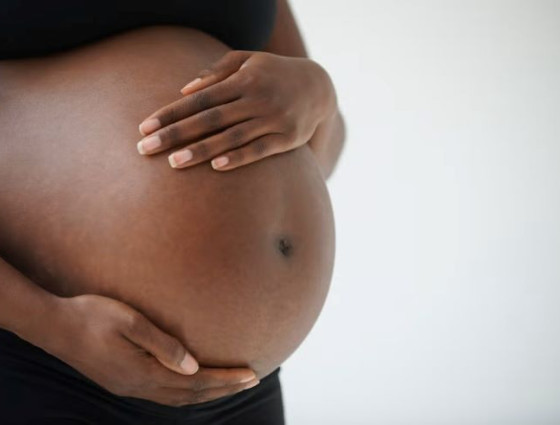

Mental health and wellbeing during and after pregnancy (DRAFT - Best start)
Advice, tips and support for good mental health and wellbeing during pregnancy and the postnatal period.
Good mental health before, during, and after your baby is born is vital. Looking after yourself will help you to look after your baby.
Experiencing mental health challenges during and following pregnancy doesn’t mean you’re a bad parent.
Pregnancy is an exciting and life-changing time, but it can also bring emotional challenges. Up to 1 in 5 women experience mental health issues during pregnancy or in the first year after giving birth.
Speak to your midwife or health visitor if you are struggling and would benefit from a little extra help, there is also support available for dads and dads to be.
The sooner you access support, the better for you and your baby.
Urgent support
If you are in crisis please talk to a healthcare professional immediately. Or:
- call 111
- call 999 or go to A&E at your nearest hospital
- call Samaritans on: 116 123 or email: jo@samaritans.org
Useful links
- Mental health and pregnancy - Start for Life
- Mental health problems and pregnancy - NHS
- Mental health before, during and after pregnancy - Tommy's
- Your mental health - Start for Life
- Postnatal depression - NHS
- Get Your Mind Plan - NHS
- Life as a parent information
- Support for single parents
- Postnatal depression and perinatal mental health - Mind
- Maternal Mental Health Alliance
- Baby and toddler safety - NHS



 Facebook
Facebook X
X Email
Email WhatsApp
WhatsApp Messenger
Messenger